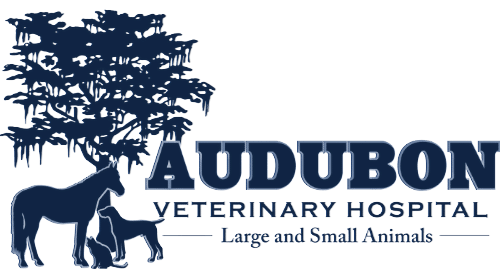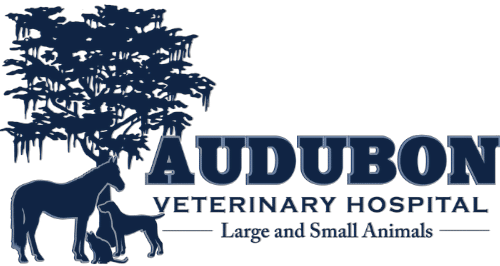Frequently Asked Questions
When should new puppies and kittens come in for their first visit?
Puppies should have their initial examination around 6-8 weeks and kittens around 9 weeks of age if there are no signs of any problems or concerns. Multiple immunizations at different visits will be required to get your new pet’s immune system ready for exposure to the environment outside your home. Puppies and kittens are highly susceptible to viruses, infections, and/or parasites and proper early care and screening help to give your new baby the best start in life.
What are the benefits of spaying or neutering my pet?
Besides helping to reduce the overpopulation of animals in the local area, spaying and neutering your pet conveys direct health benefits. Spayed and neutered pets are less likely to roam and fight. In females, early-age spaying drastically reduces the incidence of mammary (breast) cancer later in life, and in males, prostate and anal problems, hernias and testicular problems can be prevented. Older unspayed females are at risk for uterine infections, that often go unrecognized by the owner, and may become life-threatening.
How do dogs and cats get heartwarm disease?
Heartworms are transmitted via mosquito bites to infect dogs and cats. Once bitten by the mosquito, microscopic larvae are injected into your pet’s skin. It takes about 6 months for these larvae to mature and be detected with heartworm testing. The more bites; the more heartworm larvae transferred. Please contact us to discuss the best way to prevent this life-threatening infection in your pet. A simple blood test is available for both dogs and cats. For more trustworthy and accurate information on heartworm disease please follow our link to the American Heartworm Society website (www.heartwormsociety.org).
Why should i buy heartworm/flea/tick preventatives from a veterinarian when other entities such as the internet advertise cheaper prices?
Ordering products from online outlets and purchasing from retail stores may prevent you from receiving a guarantee from the product manufacturer. Also, you may not be able to tell if your pet’s medications were shipped and stored properly. Ordering from your veterinarian has the added benefit of your veterinarians advice and supervision when using these potentially life-saving products.
a.
how safe is my pet's procedure?
Each individual procedure will vary from pet to pet and condition to condition. As with humans, the older the individual the more precaution needs to be taken. Typically a physical examination, review of the patients’ medical history and blood work are recommended with older patients. These precautions will make a procedure as safe as possible with a senior pet!
how important is nutrition for my pet?
Good nutrition is essential for your pet’s well-being, and does not have to be expensive! A little extra money spent on a good quality diet can actually save money down the road. A healthy diet can improve your pet’s skin, coat, weight, joints, and overall vitality. Audubon Animal Hospital carries the latest prescription diets available for your pet.

